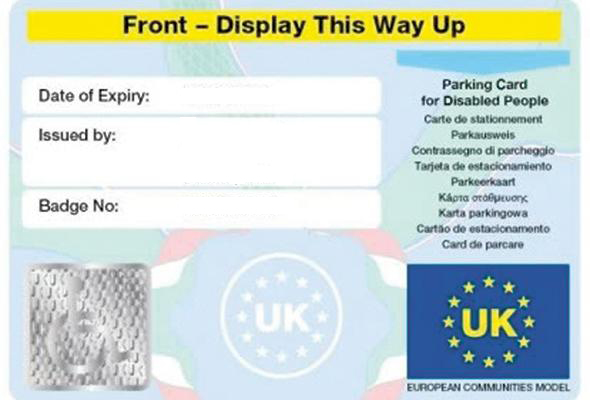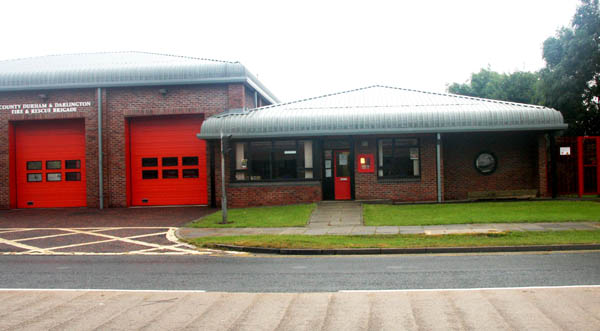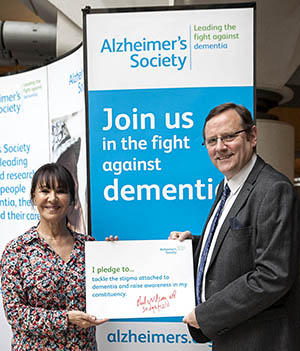• New figures show 12,299 people awarded Blue Badge under new criteria
• Since August 2019, people with non-visible conditions such as dementia, epilepsy or Parkinson’s are eligible
• Changes to Blue Badge scheme continue the UK’s world-leading plans to make the transport network more accessible
Thousands of people with Parkinson’s, dementia, epilepsy and other “invisible” disabilities have gained access to the benefits from Blue Badges under new rules introduced last summer.
In the first three months, new figures show, 12,299 new badges – around 130 a day – were granted to people who cannot walk as part of a journey without considerable psychological distress or the risk of serious harm, as well as to people with a non-visible disability.
The new rules, introduced by the Transport Secretary, Grant Shapps, in August, widened the eligibility criteria to ensure that people with “invisible” disabilities are not disadvantaged. The badges help people access shops and services, by enabling them to park closer to their destinations.
Ahead of the change, the DfT issued new guidance to councils in England on Blue Badge parking permit eligibility, and launched in August a new online eligibility checker to make the scheme clearer for people before they apply.
While the new criteria gives clear and consistent guidelines on Blue Badge eligibility for the whole of England, not everyone with non-visible disabilities will qualify for a badge.
Local authorities decide if an applicant meets the eligibility criteria, as is currently the case.
The Blue Badge scheme had already meant that people with physical disabilities can park closer to their destination than other drivers, as they are less able to take public transport or walk longer distances.
Abuse of the scheme on-street is something that local authorities have been cracking down on and the Department has given them the powers to seize badges on-street when they are being misused.
To help councils with the expected increase in applications, the department has agreed with the Ministry of Housing, Communities and Local Government to provide £1.7 million to local authorities in England in the first year of the programme.
Thousands with Hidden Disabilities Benefit from Extended Blue Badge Scheme










